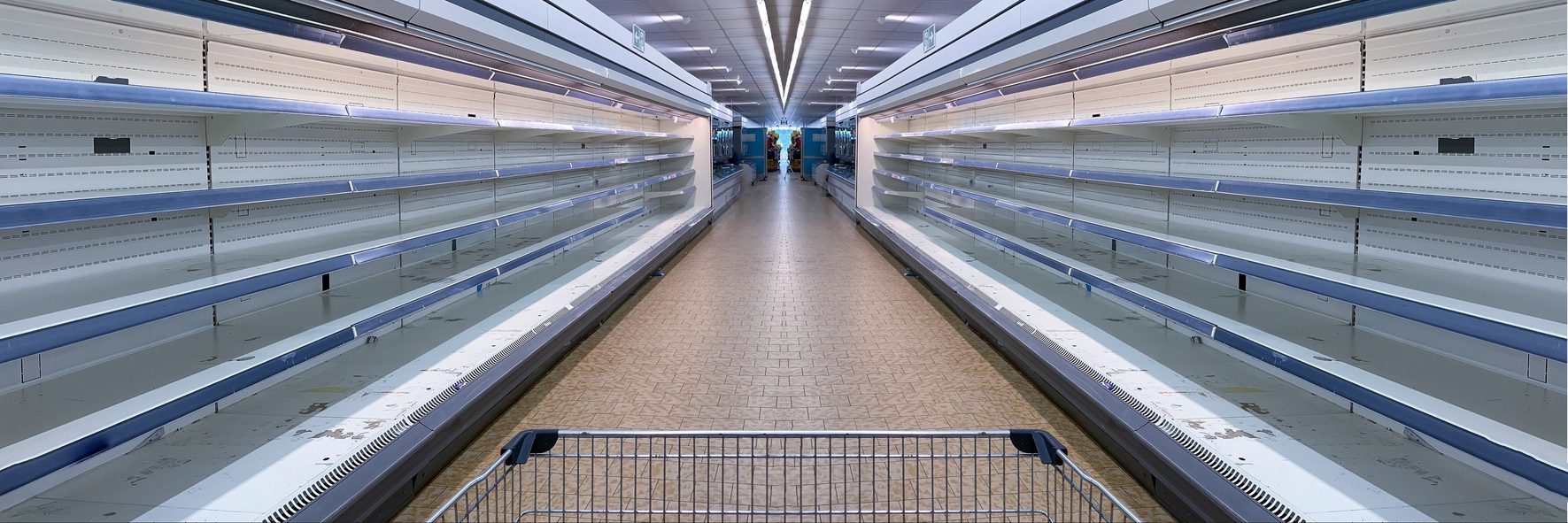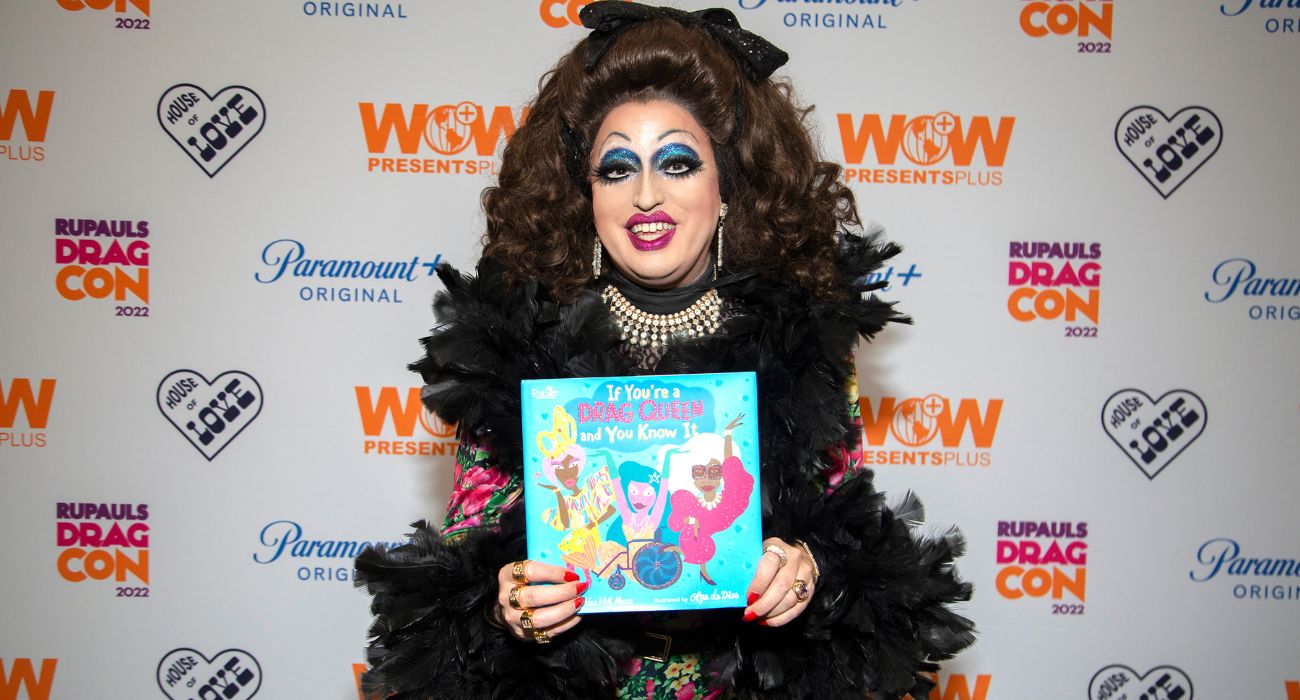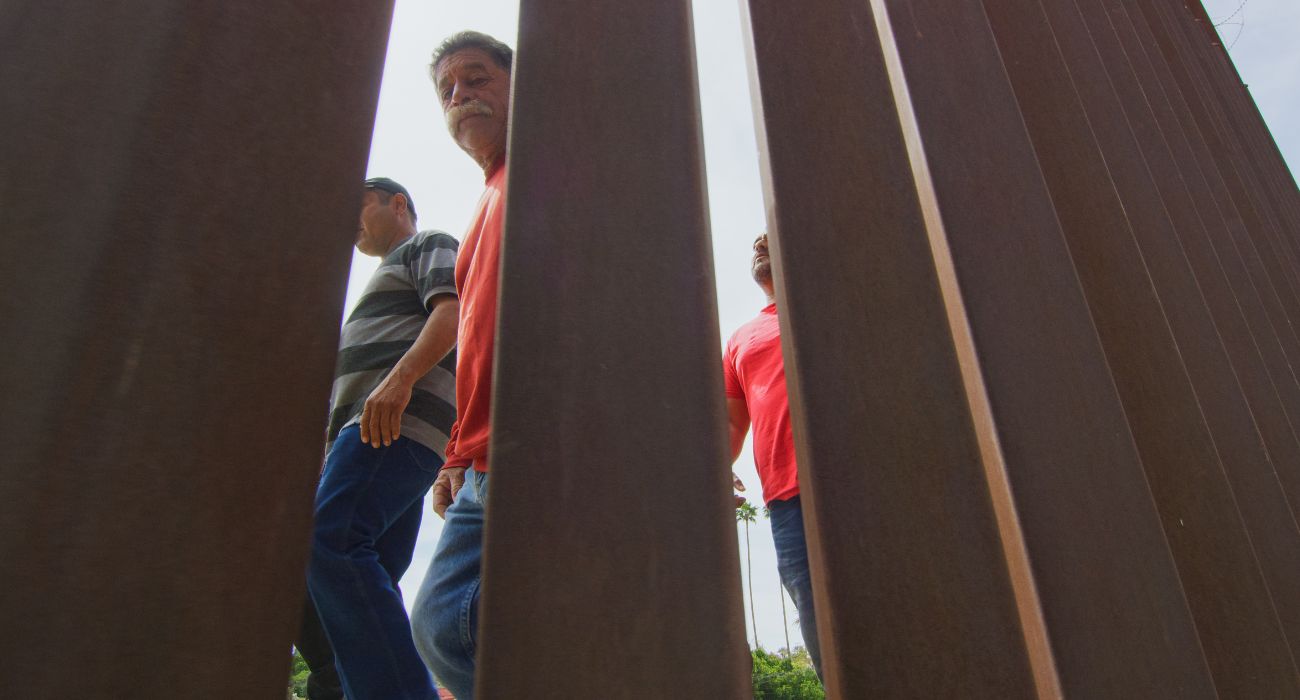Worldwide food emergency has been discussed for years, but the COVID-19 pandemic especially brought food production to the forefront of conversation in 2020. Now, the rising conflict in Ukraine has raised further concerns about a possible food crisis.
Adding on to the COVID-19-fueled disruptions to the supply chain, Russia’s invasion of Ukraine, coupled with the subsequent lack of resources and rising inflation levels, has made a global food crisis an inevitability in the minds of some government officials.
Speaking in the wake of the latest NATO meeting and G7 Summit in response to the conflict in Ukraine, French President Emmanuel Macron said famine has become a pressing issue following the Russian invasion. He warned of an inevitable global food crisis, especially affecting Africa and Asia.
Macron noted the conflict’s potential effect on nations facing food uncertainty, especially as the availability of wheat — one of the most globally important crops — is currently being threatened by the war.
Economic sanctions against Russia have robbed the supply chain of its top supplier of wheat. Ukraine is the fourth-largest wheat producer but has stopped production following Russia’s invasion.
Russian officials have taken a different stance, denying that the supply chain problems directly result from their country’s invasion of Ukraine.
Russia’s envoy to the United Nations, Vasily Nebenzya, instead blamed Western countries for the coming food crisis, arguing the West put economic sanctions against Russia without any concern for their effects on regular people.
Nebenzya claimed the real reason behind the inevitable food crisis is a lack of planning among Western nations in their response to the Ukrainian conflict. The Russian delegation at the United Nations faulted leaders in the West for breaking down established supply chains to vulnerable countries.
“After all, the stocks of food produced in Russia have not decreased. It is precisely the Western states that can prevent hunger and food shortages, no matter how they tell us today the opposite, trying to shift the blame on Russia,” stated Nebenzya.
There are several factors to consider when examining the potential for a food crisis.
The war in Ukraine has limited wheat production at a time of high risk and the production of labels and packaging through a loss of wood pulp and whitefish. A lack of ingredients will potentially impact all nations, including the UK and U.S.
Additionally, inflation continues to drive prices higher and limits the growth potential.
Russia’s supply of gas to Europe and Asia remains under threat, adding to the insecurity of vulnerable nations.
Famine in Africa could reach historic proportions, according to Macron.






